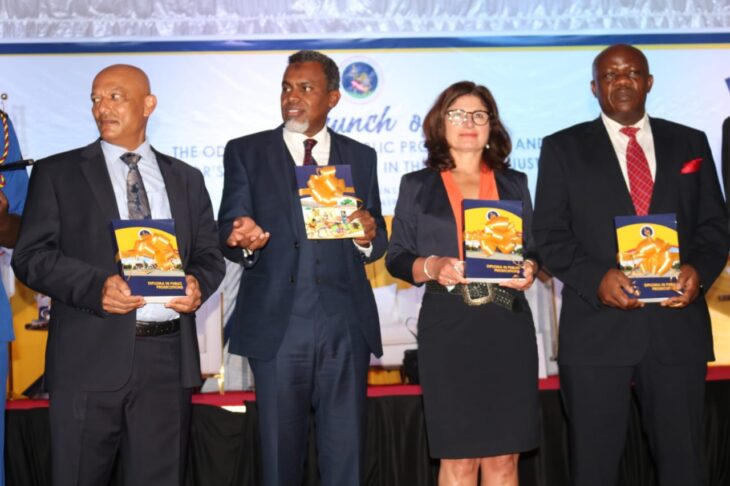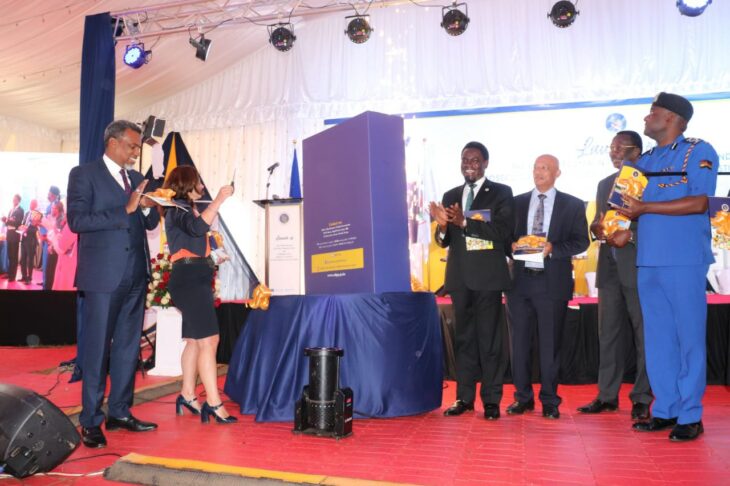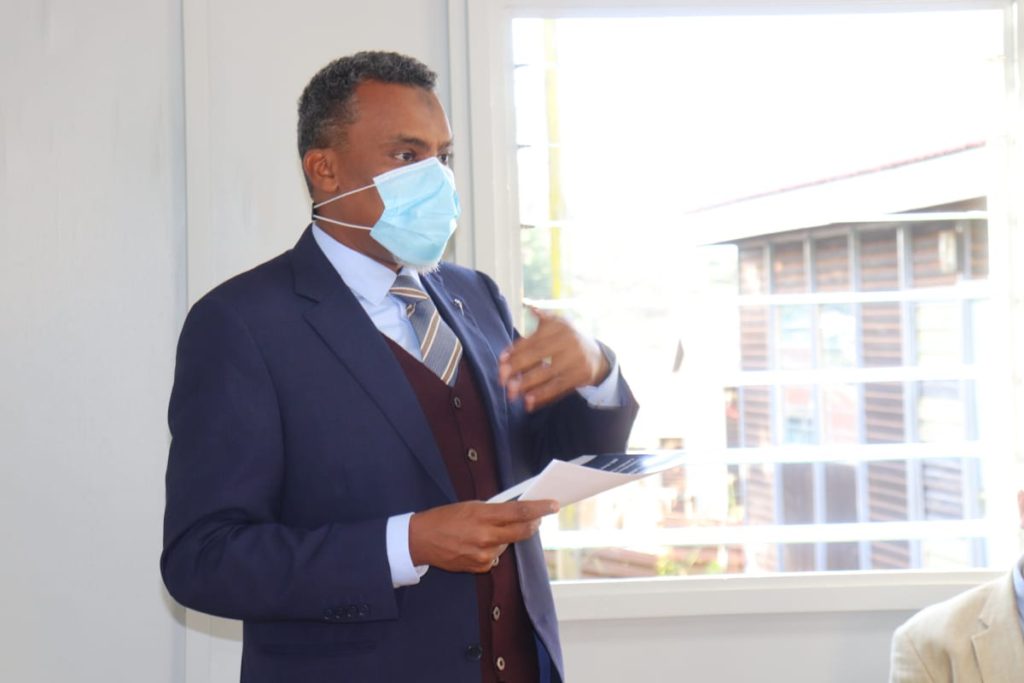NAIROBI, Kenya, Dec 1- The Office of the Director of Public Prosecutions (ODPP) has launched guidelines to ensure uniformity and speed in handling criminal cases involving children across the country and also ensure that their rights are protected.
The guide, according to the DPP Noordin Haji, was developed as a result of the realization that the child cases were generally complex and sensitive in nature, and it was necessary to minimize the risk of discrimination and undue stress for children in the criminal justice system.
The ODPP has so far developed over eight key different policy documents to ensure the just and expeditious disposal of criminal cases.
Haji on Tuesday launched the Prosecutors’ Guide to Children in the Criminal Justice System and also the Diploma in Public Prosecutions course at the Prosecution Training Institute (PTI) in Loresho, Nairobi.
As a result, the ODPP has set up the Child Justice Unit within the Children’s Division which is made up of prosecutors from different counties and also child-friendly interview rooms in 7 counties.
The rooms will be equipped with video conferencing equipment to allow remote interviewing and court sessions hence minimizing secondary victimization.
Also to be set up are six child-friendly rooms to assist prosecutors to prepare the children prior to the trial and to prevent secondary victimization of those children.
“It is intended to enable a fast response to children’s issues. On the other hand, the introduction of the Diploma in Public Prosecutions will ensure that prosecutors are well equipped to implement and undertake their duties professionally,” Haji said.
The launch comes at a time when almost every jurisdiction in the world is grappling with the problem of juvenile delinquency.
The launch was attended by the European Union (EU) Ambassador to Kenya Henriette Geiger who said the launch said the guidelines would ensure uniformity in how children are handled within the criminal justice system in all Counties.
“When children are involved in crime or victims of crime, it is very important to find the right treatment and to adjust the law because children cannot be treated like any other adult,” she said.
Haji said the guide aims to increase awareness and understanding of the rights of children in conflict with, or in contact with the law.

Due to their vulnerability, children who come into contact with the law as victims and witnesses of crime, also need protection in order to prevent re-victimization whilst in the justice system.
Cases will never be tried as if the offenders are adults or even tried for petty crimes, and as a result, being deprived of their liberty without regard to the circumstances that initially brought them into the criminal justice system.
The launch was also attended by the Law Society of Kenya President Nelson Havi, the Treasury Chief Administrative Secretary Erick Wafuko, and the United Nations Office on Drugs and Crime’s Sylvie Bertrand.
In the last few years, the ODPP has developed key policy documents including the Decision to Charge Guidelines, the Plea-bargaining Guidelines, the Diversion Policy and Guidelines, and the Deferred Prosecution Agreement Guidelines among other policy documents.
Other measures put in place by the ODPP are the electronic case management system (CMS) that will not only ease the process of filing and prosecuting cases but also ensure just and expeditious disposal of criminal cases.
The CMS is to be integrated into the systems of the investigative agencies and allow them, for example, to upload evidence to the system which will then be available to the ODPP for independent review towards making the decision to charge.
The ODPP has also developed alternatives to prosecution to ensure that some criminal cases are resolved without resorting to full judicial proceedings.

Plea bargaining policy allows an accused person to enter into an agreement or plead guilty to some but not all charges, or a different offence or less serious charge, in exchange for some concessions by the prosecution.
It is a negotiated agreement between a criminal accused and a prosecutor, where the accused agrees to voluntarily plead ‘guilty’ or ‘no contest’ for a concession from a prosecutor in exchange for a plea.
The other policy is a diversion that aims at offering a second chance to offenders who accept responsibility by diverting cases from the court process, to be settled out of court, on merit through agreed structures.
According to Senior Counsel Kioko Kilukumi, there are instances where though a crime is committed, it is in the best interest of the public not to charge, and such matters can be handled appropriately out of court.
Both diversion and plea bargain seek to keep the wheels of justice moving in a timely and cost-effective manner, without necessarily resorting to full judicial proceedings if they can be resolved by alternative means.
Want to send us a story? Contact Shahidi News Tel: +254115512797 (Mobile & WhatsApp)


